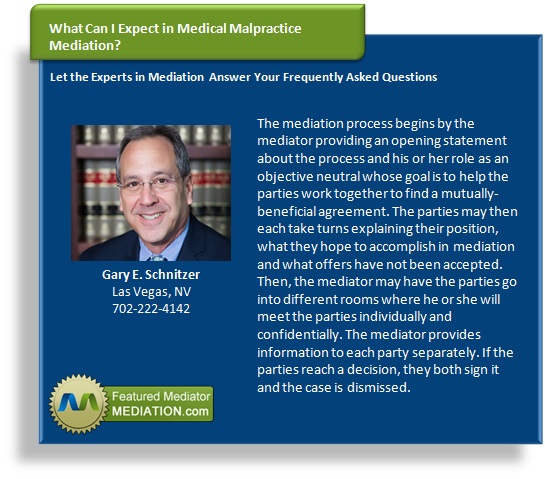
When a dispute between the business and employee arises, common results include termination or in these employment conflicts, it is vital to resolve the matter outside of the courts due to the potential liability issues involved in the case. Employees may assert a claim for wrongful termination or an invalid demotion that can potentially damage the reputation of the business and disrupt the workforce. With the help of an employment mediator, employers and employees may be able to resolve these legal issues in a more efficient and private manner. Here are the essential details that you should understand about this process.
The Role of the Employment Mediator
Mediators usually have experience in the subject matter involved in the conflict. The parties can select a mediator in their area based on their knowledge and expertise in certain practice areas. Often, mediators have a background in business, counseling, social welfare or the legal profession… The employment mediator does not decide the outcome of the case. Instead, his or her role is to help the parties reach a mutually satisfactory resolution of their case. He or she will ask the important questions to discover what common interests exist between the employee and company. He or she is an unbiased professional who will help the parties have a better understanding of their legal position and of the possible outcomes. The mediator will remain objective and assist to mutually resolve the legal conflict.
Benefits of the Employment Mediation Process
The mediator can help discuss the possible resolutions in employment disputes. The parties are not constricted in mediation to the possible outcomes in litigation. Developing creative and new solutions is one possible benefit of participating in the mediation process. The two parties can keep control over the process and have an unbiased third party listen. Mediation can also help the employer and worker find a quick and beneficial resolution that will not disrupt company interactions. Through open communication, the two parties can reach an agreement that they are both willing to accept.





 Disputes regarding aviation often arise between a person and an insurance company that has limits on what compensation is available for settlements. The carrier may try to force the victim of an aviation accident to take the matter to the courts. In these situations, it is often better to resolve the matter through mediation. This process is cost effective, reduces the time to settle and can help both sides compromise to reach a beneficial outcome.
Disputes regarding aviation often arise between a person and an insurance company that has limits on what compensation is available for settlements. The carrier may try to force the victim of an aviation accident to take the matter to the courts. In these situations, it is often better to resolve the matter through mediation. This process is cost effective, reduces the time to settle and can help both sides compromise to reach a beneficial outcome.
 A claim for medical malpractice arises when a patient is injured because a healthcare provider’s care fell below the accepted standard of care. Many of these cases are litigated, but some may be mediated. People turn to the mediation process for the following reasons:
A claim for medical malpractice arises when a patient is injured because a healthcare provider’s care fell below the accepted standard of care. Many of these cases are litigated, but some may be mediated. People turn to the mediation process for the following reasons:
